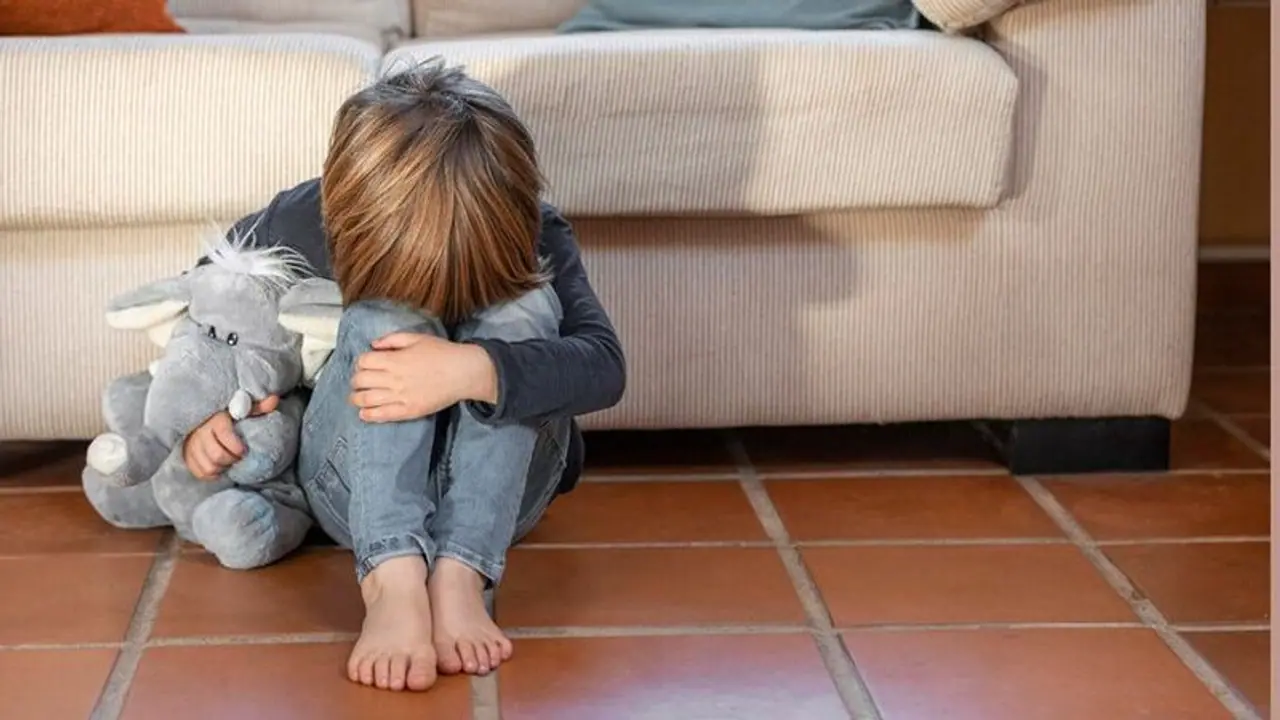Detecting the signs of anxiety can be challenging when your child is young and unable to comprehend their own feelings. By understanding the signs of anxiety and implementing strategies, parents can help their children cope with it.
Does your child often make excuses to not participate in activites? As parents, it's natural to be concerned about our children's well-being, especially when it comes to their mental health. Anxiety is a common issue among children, but it can often go unnoticed or be mistaken for typical childhood worries. Maybe you think that your child is just shy, but as a responsible parent, you must put in extra efforts to know if they have anxiety. If not treated well, it can worsen over the years. Today, let’s explore some common signs of anxiety and how you can help your child cope with it.
Signs to look out for
1. Keep an eye out for physical signs of anxiety, such as stomach-aches, headaches, rapid heartbeat, sweating, or difficulty sleeping.
2. Notice any changes in your child's behaviour, such as increased irritability, mood swings, avoidance of certain activities or social situations, or excessive worrying.
3. Pay attention to changes in academic performance, such as difficulty concentrating, perfectionism, or avoidance of school-related tasks. Anxiety may not always affect the grades, but it can significantly impact your child’s participation in class activities.
4. Watch for emotional signs of anxiety, such as frequent crying, clinginess, fearfulness, or outbursts of anger or frustration. Kids may also feel reluctant to open up as it is difficult for them to ascertain what’s bothering them.
How can you help your child to cope with anxiety
1. Create a safe and supportive environment for your child to express their feelings and concerns. Pay attention to what they say and listen attentively even if they don’t know how to express their feelings.
2. Let your child know that it's okay to feel anxious and reassure them that they are not alone. Validate their emotions and provide empathy and understanding.
3. Teach your child coping strategies to manage anxiety, such as deep breathing exercises and other mindfulness techniques. Do not ever force them to participate in social activities, as it may trigger their feelings of anxiousness. Be gentle with them and practice patience while encouraging to take little steps each day.
4. Promote healthy habits that support overall well-being, such as regular physical activity, nutritious meals, adequate sleep, and limited screen time.
5. If your child's anxiety is significantly impacting their daily functioning or quality of life, consider seeking professional help from a mental health professional specializing in childhood anxiety.
